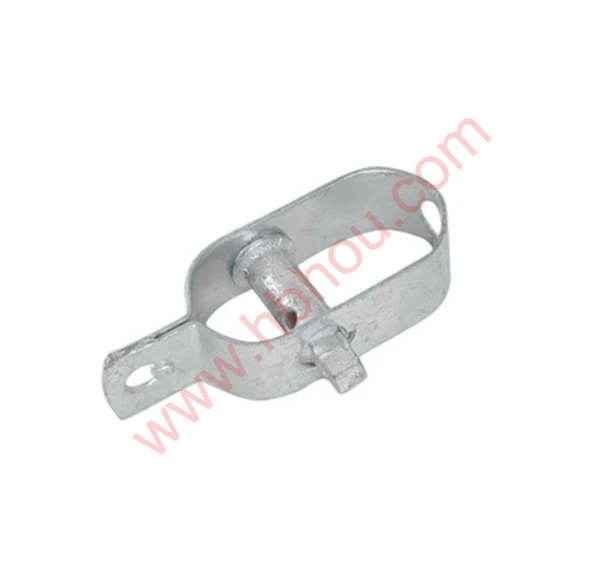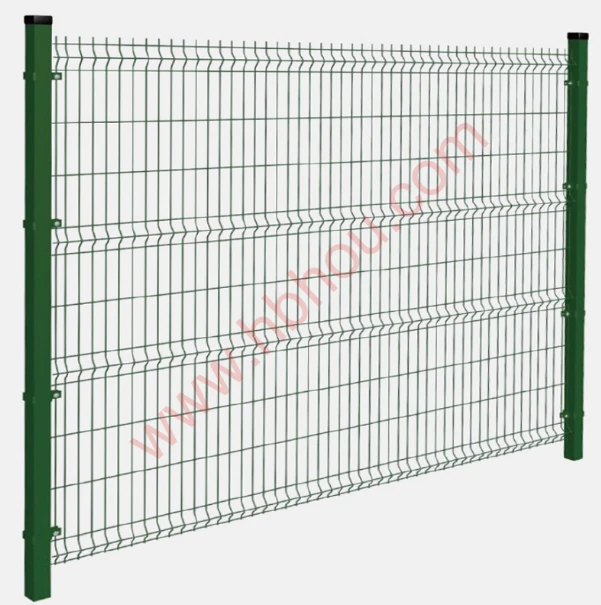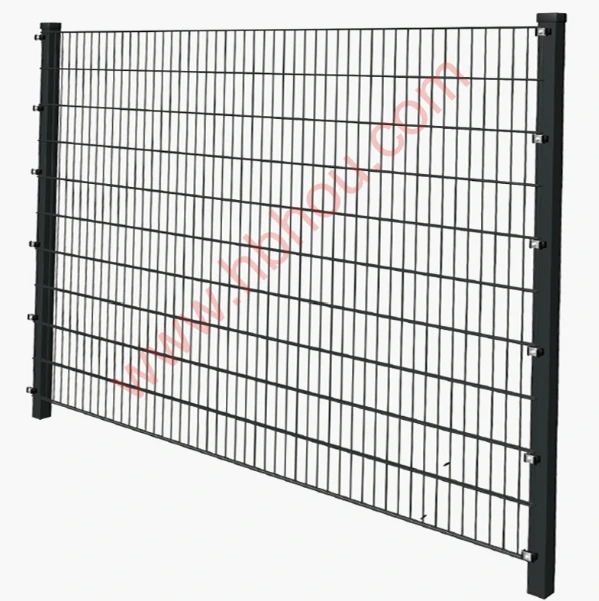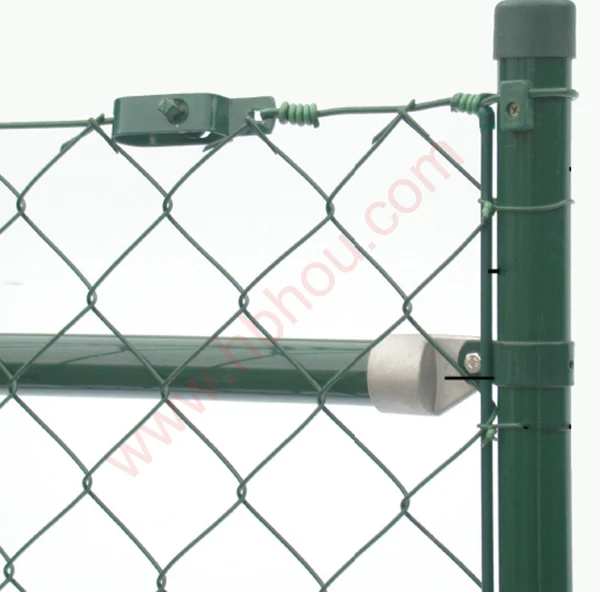The Cost of Barbed Wire Fencing per Meter An Insight into Affordability and Practicality
Barbed wire fencing has long been a popular choice for property owners, farmers, and businesses looking for a sturdy and efficient barrier. Its primary functions include security, livestock containment, and property demarcation, making it a versatile option in various situations. One of the critical considerations when deciding to install barbed wire fencing is the cost, specifically the cost of barbed wire fencing per meter. Understanding these costs can help in budgeting for a fencing project and making informed decisions about fencing options.
Factors Influencing Cost
The cost of barbed wire fencing can vary based on multiple factors. First and foremost is the type of barbed wire selected. There are several grades of barbed wire, with lower grades being more affordable but often less durable. Higher-grade options, while more expensive, can offer better resistance to rusting and corrosion, making them a suitable choice for areas with harsh weather conditions.
Another aspect affecting the price is the diameter and gauge of the wire. Thicker wires, measured in gauge, can hold up better under stress but may also cost more. Additionally, the type of barbed wire—whether it is single strand or double strand—will impact the pricing. The installation method also plays a significant role, as professional installation can add to the overall expense.
Average Cost Metrics
As of the latest updates in 2023, the cost of barbed wire fencing can range from approximately $0.45 to $3.00 per meter, depending on the quality and type of wire chosen. For instance, standard barbed wire might fall in the lower range, while high tensile options might cost more. It is crucial to factor in additional expenses, including posts, tensioners, and gate hardware, which can increase costs significantly.
cost of barbed wire fencing per meter

In addition to material costs, labor should also be accounted for if professional installation is being considered. Labor costs can vary widely based on geographical location and the specific contractor hired, but on average, installation can add another $1 to $2 per meter to the total cost.
Budgeting for Fencing Projects
When budgeting for barbed wire fencing, it is advisable to take a comprehensive approach. First, determine the total perimeter that requires fencing. Multiply the total meters by the cost per meter of the chosen wire, then add the estimated labor costs if applicable. It may also be beneficial to include a contingency budget of 10-15% for unexpected expenses, such as environmental factors that may complicate installation.
The Benefits Beyond Cost
While cost is a critical consideration, the benefits of barbed wire fencing extend beyond mere price. Barbed wire fences are highly effective in deterring intruders and keeping livestock secure. They are also relatively easy to install and maintain compared to other fencing options. Moreover, when properly installed, a barbed wire fence can last for many years, providing long-term value that outweighs initial expenditures.
Conclusion
In summary, understanding the cost of barbed wire fencing per meter is a key aspect of planning any fencing project. While prices can vary based on material quality, installation methods, and labor, barbed wire remains an affordable and practical option for many property owners. By carefully considering costs and the associated benefits, individuals can make informed decisions that meet their fencing needs without overspending. Investing wisely in barbed wire fencing can lead to a secure and aesthetically pleasing boundary, delivering peace of mind for years to come.
















